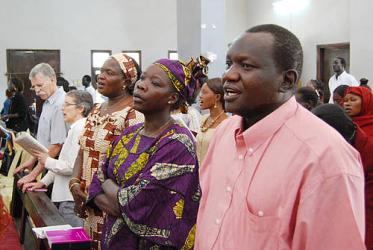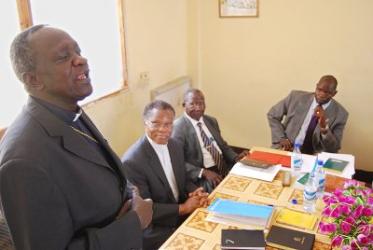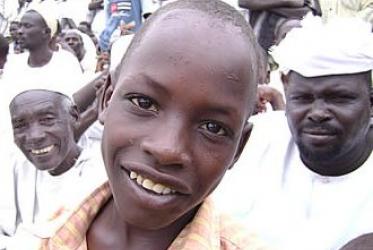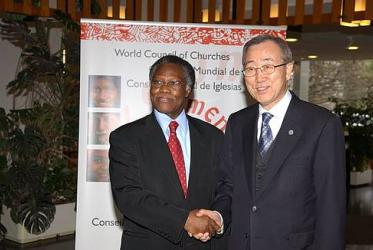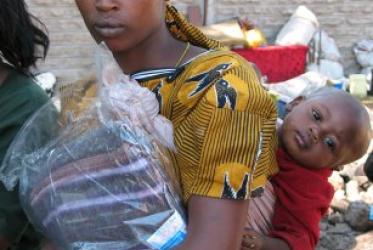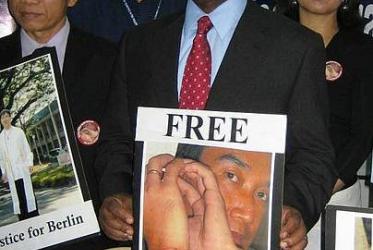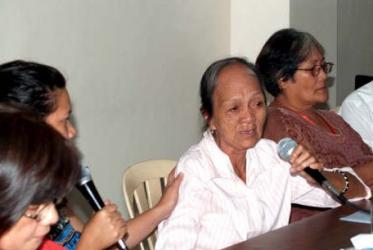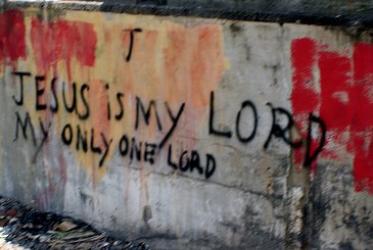The church has an important role to play if Kenya is to achieve peace and stability for the future, several speakers said Friday. The African nation has seen significant violence over the past two months in the wake of presidential elections, killing nearly 1,000 people and forcing some 300,000 others to flee their homes. "We believe that for Kenya and Africa, church unity and ecumenical cooperation is not just an optional alternative", said Rev. Dr Mvume Dandala, general secretary of the All Africa Conference of Churches, which is based in the Kenyan capital of Nairobi. "Sometimes the churches have to work hard if they are to be relevant". Eden Grace, a member of the Friends (Quakers) who was based in the city of Kisumu until the violence erupted and forced her to evacuate, said the church "has to have a role in restoring the ability of Kenyans to live side by side". The WCC Central Committee is expected to consider one or more public issues statements related to Kenya during their meetings in Geneva, which conclude 20 February. For more information on a recent WCC ecumenical solidarity visit to Kenya, go to http://overcomingviolence.org/index.php?id=5524 .
15 February 2008






